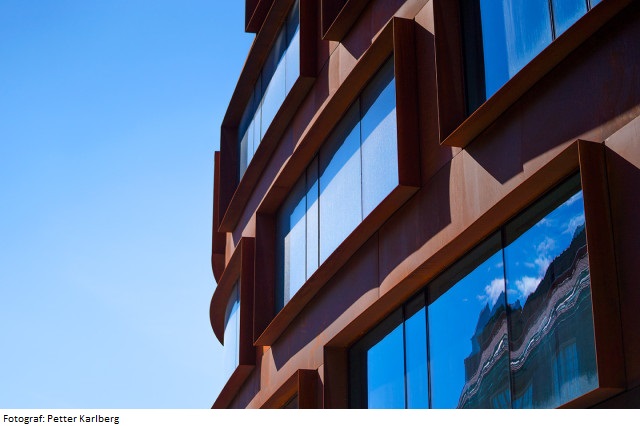Studies and discussions of narrativity and different theories. Architectural case studies.
Development of individual project design.
The project programme will be developed for a specific artistic person with a specific personality and extensive history - in Stockholm (or in another city). There will be some alternatives provided (authors, poets, artists, film directors, coreographers, musicians…) but it´s also possible to choose other alternatives and urban contexts. The brief should include a house/apartment with a garden, a working space for the artist and other odd things. As an alternative it could include other programmes or functions.
Excursion Study trip to Japan in March/April 2010 (preliminary)
A52G3B Basic Design - Studio 5:3 12.0 credits
This course has been discontinued.
Decision to discontinue this course:
No information inserted
Information per course offering
Course offerings are missing for current or upcoming semesters.
Course syllabus as PDF
Please note: all information from the Course syllabus is available on this page in an accessible format.
Course syllabus A52G3B (Autumn 2012–)Content and learning outcomes
Course contents
Intended learning outcomes
Specificity in architecture (Narrative design I)
Overall goals
1. The course is part of the Basic Design Studio. Through architectural projects, this Studio investigates different experiences of architecture and conceptions of space, in relation to the synthezising design process.
2. The course/project goal is to increase the student's knowledge in this area/field and skills/knowledge in the field of architecture in general. The students will enter the project with varying degrees of knowledge/skills and will subsequently end up at different levels at the end of the course/project.
3. The individual student must show an increase in the particular skills/knowledge offered in the studio and in the field of architecture in general.
Course goals
How could the conception of narrativity be transformed into very specific architectural expressions in a project (a building for an extremely unique person or function in an urban context)?
Literature and preparations
Specific prerequisites
One year fully approved architectural studies at the advanced level, courses and projects.
Literature
Course compendium
Examination and completion
Grading scale
Examination
- PRO2 - Project, 3.0 credits, grading scale: P, F
- PRO1 - Project, 9.0 credits, grading scale: P, F
Based on recommendation from KTH’s coordinator for disabilities, the examiner will decide how to adapt an examination for students with documented disability.
The examiner may apply another examination format when re-examining individual students.
If the course is discontinued, students may request to be examined during the following two academic years.
The course consists of two parts; a fulfilled and delivered project work (9 credits) and a passed final assessment (3 credits). There is at least one intermediate assessment during the course.
Other requirements for final grade
a) Presentation requirements
Presentation requirements will be handed out at the start of the course. The studio presentation will be part of the future diploma portfolio and shall be delivered in an appropriate and fully qualified way.
b) Examination
80% attendance. Active participation in lectures, tutorials, and seminars etc. Passed intermediate and final assessments. Compulsory attendance during the assessment reviews.
Completion: The project work shall be delivered and, if necessary, reworked within the set time limit. See general directions.
(Overall principle: Autumn term projects must be approved during the following Spring term: Spring term projects must be approved before the start of the following Autumn term. The reworked projects must be delivered at least one week before the time limit.)
The project work is to be documented in a portfolio, including drawings, analysis and models. The work process shall be legible.
Examiner
Ethical approach
- All members of a group are responsible for the group's work.
- In any assessment, every student shall honestly disclose any help received and sources used.
- In an oral assessment, every student shall be able to present and answer questions about the entire assignment and solution.